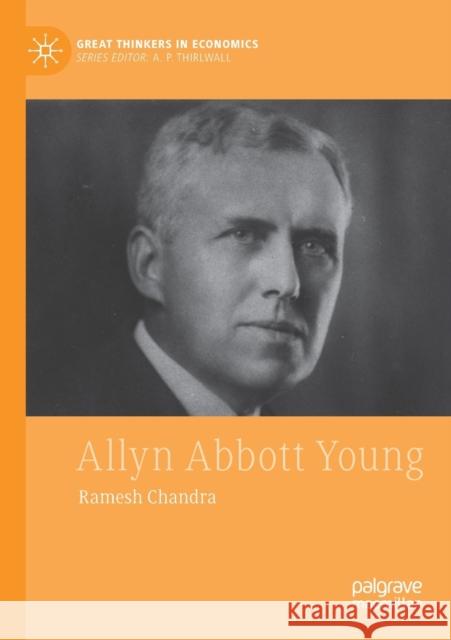Allyn Abbott Young » książka
topmenu
Allyn Abbott Young
ISBN-13: 9783030319830 / Angielski / Miękka / 2021 / 348 str.
Allyn Abbott Young
ISBN-13: 9783030319830 / Angielski / Miękka / 2021 / 348 str.
cena 201,72
(netto: 192,11 VAT: 5%)
Najniższa cena z 30 dni: 192,74
(netto: 192,11 VAT: 5%)
Najniższa cena z 30 dni: 192,74
Termin realizacji zamówienia:
ok. 16-18 dni roboczych.
ok. 16-18 dni roboczych.
Darmowa dostawa!
Kategorie:
Kategorie BISAC:
Wydawca:
Palgrave MacMillan
Seria wydawnicza:
Język:
Angielski
ISBN-13:
9783030319830
Rok wydania:
2021
Wydanie:
2020
Numer serii:
000340480
Ilość stron:
348
Waga:
0.43 kg
Wymiary:
21.01 x 14.81 x 1.91
Oprawa:
Miękka
Wolumenów:
01
Dodatkowe informacje:
Wydanie ilustrowane











